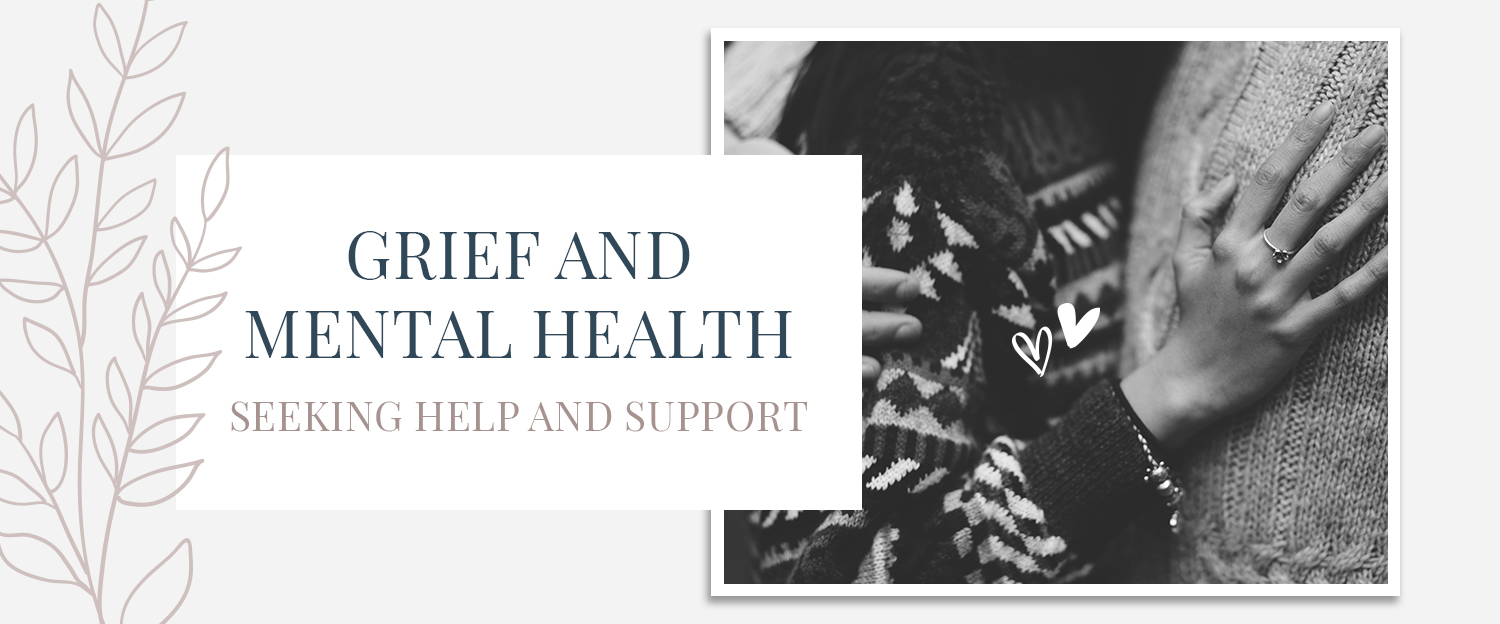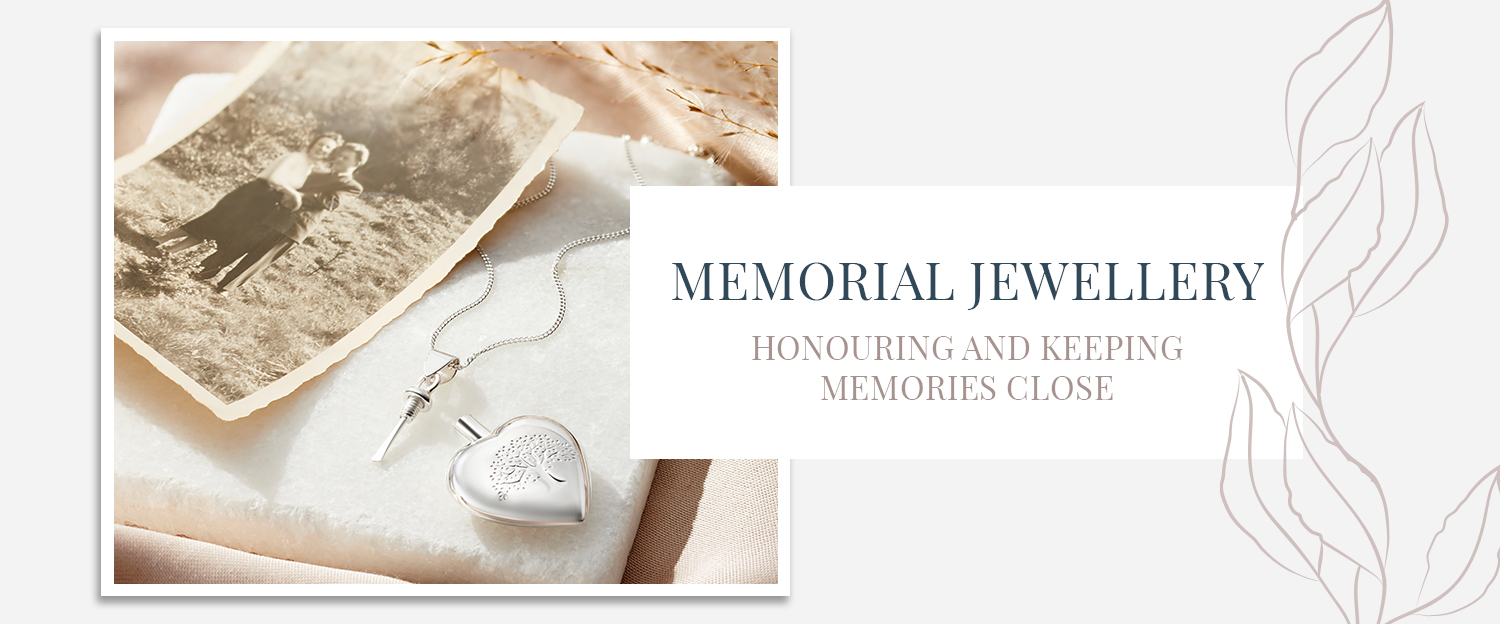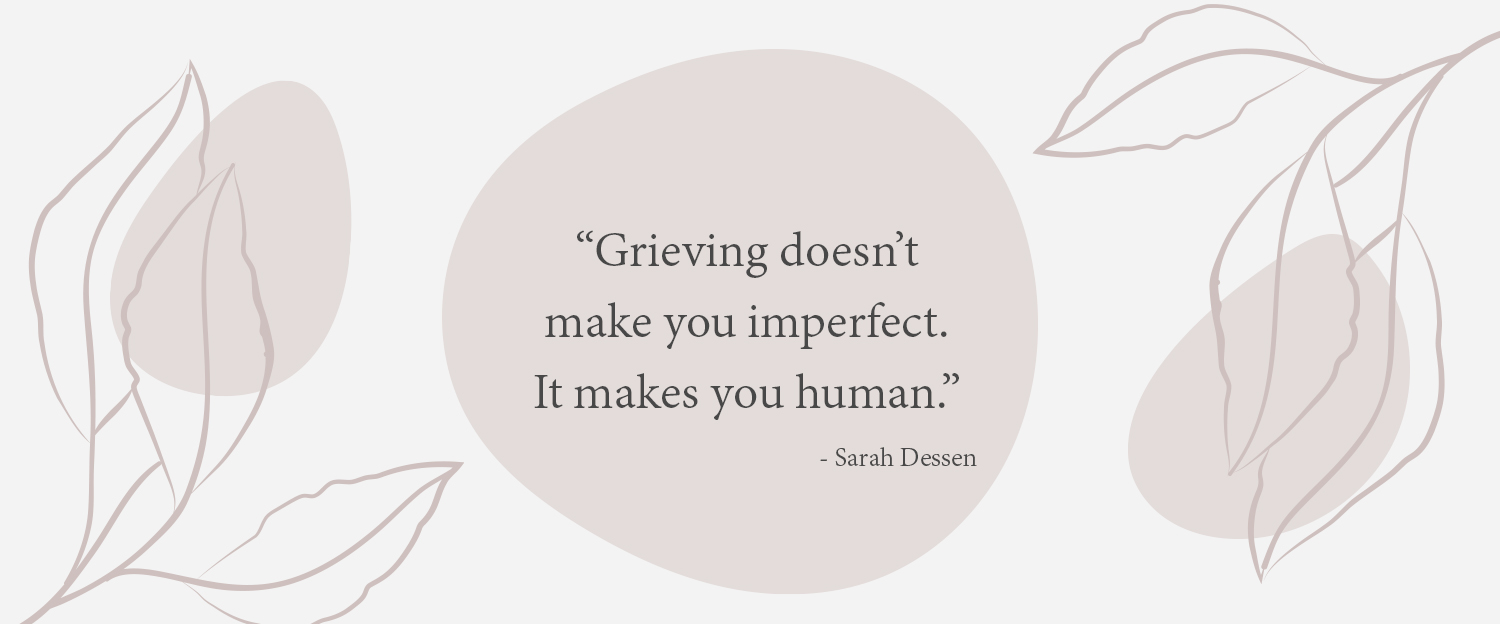 Grief is a universal human experience, an emotion that arises from the loss of something or someone deeply cherished. It is a natural response to significant life changes, such as the death of a loved one, the end of a relationship, a job loss, or even a major life transition. While grief is a normal and necessary part of the human experience, it can also have a profound impact on our mental health and emotional well-being. In this blog post, we will explore the relationship between grief and mental health, the importance of seeking help and support, and effective strategies for coping with grief to promote emotional well-being.
Grief is a universal human experience, an emotion that arises from the loss of something or someone deeply cherished. It is a natural response to significant life changes, such as the death of a loved one, the end of a relationship, a job loss, or even a major life transition. While grief is a normal and necessary part of the human experience, it can also have a profound impact on our mental health and emotional well-being. In this blog post, we will explore the relationship between grief and mental health, the importance of seeking help and support, and effective strategies for coping with grief to promote emotional well-being.
 The Intersection of Grief and Mental Health
The Intersection of Grief and Mental Health
Grief can trigger a wide range of emotions, including sadness, anger, guilt, and even numbness. These emotions are a natural response to loss, and while they may be uncomfortable, they are an integral part of the grieving process. However, prolonged or unresolved grief can potentially lead to mental health issues such as depression, anxiety, and even complicated grief disorder. It is important to recognise when grief has crossed the line from a normal response to a mental health concern.
 Seeking Help and Support
Seeking Help and Support
Seeking help and support during times of grief is a crucial step in maintaining emotional well-being. It is important to remember that seeking help does not signify weakness; rather, it demonstrates a willingness to prioritise your mental health. Here are some avenues for seeking support:
 Professional Counselling:
Professional Counselling:
Grief counselling or therapy can provide a safe and supportive space to express your feelings and work through your grief. Licensed therapists or counsellors are trained to help individuals navigate the complex emotions associated with grief and provide coping strategies to manage them.
Support Groups:
Joining a grief support group can offer a sense of community and connection with others who are experiencing similar feelings. Sharing your experiences and listening to the stories of others can be incredibly validating and comforting.
Friends and Family:
Lean on your loved ones for emotional support. Talking about your feelings with people who care about you can be cathartic and help you feel less alone in your grief journey.
The Role of Sue Ryder
Sue Ryder is a charitable organisation that has been providing compassionate care and support for individuals and families facing terminal illness, death, and bereavement for over 65 years. Founded by Sue Ryder herself, the organisation has grown to offer a wide range of services aimed at helping people cope with grief and emotional challenges.
Bereavement Support:
Sue Ryder recognises the unique challenges of coping with the loss of a loved one. Their bereavement support services offer a safe and caring environment for individuals to express their grief, share their stories, and receive guidance on managing their emotions.
Online Resources:
In today’s digital age, Sue Ryder extends its support beyond physical locations. Their website provides a wealth of online resources, including articles, guides, and forums where individuals can connect with others who have experienced similar losses.
Community Engagement:
Sue Ryder actively engages with local communities, raising awareness about the importance of emotional well-being and offering a network of support to those in need. Community events, workshops, and fundraising initiatives contribute to a wider understanding of grief and mental health.
Volunteer and Donation Opportunities:
Individuals who wish to contribute to this important cause can volunteer their time or make donations to Sue Ryder. By doing so, they play an active role in helping others navigate their grief journeys.
 Coping Strategies for Managing Grief
Coping Strategies for Managing Grief
While seeking professional help and support is important, there are also several coping strategies you can incorporate into your daily life to manage grief and promote emotional well-being:
Self-Compassion:
Be kind and patient with yourself. Understand that grief is a process and allow yourself to feel and express your emotions without judgment.
Healthy Habits:
Maintain a routine that includes regular exercise, a balanced diet, and adequate sleep. Physical well-being is closely connected to emotional well-being.
Mindfulness and Meditation:
Engage in mindfulness practices and meditation to stay present and manage overwhelming emotions. These practices can help you find moments of calm and reduce stress.
Creative Outlets:
Expressing yourself through creative activities such as writing, art, or music can be therapeutic and provide an outlet for your emotions.
Seek Joy:
While grieving, it’s important to find moments of joy and pleasure. Engage in activities you enjoy and spend time with people who uplift you.
Set Realistic Expectations:
Grief is a non-linear process, and healing takes time. Set realistic expectations for yourself and allow yourself to grieve at your own pace.
Grief is a complex and deeply personal journey that can significantly impact our mental health and emotional well-being. It’s essential to recognise when grief is affecting our mental health and to seek help and support when needed. Whether through professional counselling, support groups, or the help of friends and family, there are numerous resources available to aid us in navigating the challenges of grief. By incorporating coping strategies into our daily lives and practicing self-compassion, we can effectively manage our grief and promote our emotional well-being. Remember, seeking help is a sign of strength, and no one should have to navigate the path of grief alone.
 Memorial Jewellery: Honouring and Keeping Memories Close
Memorial Jewellery: Honouring and Keeping Memories Close
In the midst of grief, finding meaningful ways to remember and honour a loved one can provide solace and comfort. Memorial jewellery has emerged as a deeply personal and tangible way to carry cherished memories with us. These exquisite pieces are designed to encapsulate a fragment of a loved one’s essence, creating a lasting connection that goes beyond time and space. Whether it’s a pendant containing a small portion of ashes, a fingerprint impression, or a piece engraved with a significant date or quote, memorial jewellery serves as a beautiful and symbolic reminder of the love and bond shared with the departed. Wearing such jewellery can offer a sense of closeness and continuity, allowing us to hold onto the memories that bring warmth to our hearts. As we navigate the journey of grief and emotional healing, memorial jewellery becomes a treasured keepsake that allows us to embrace the past while continuing to move forward.








